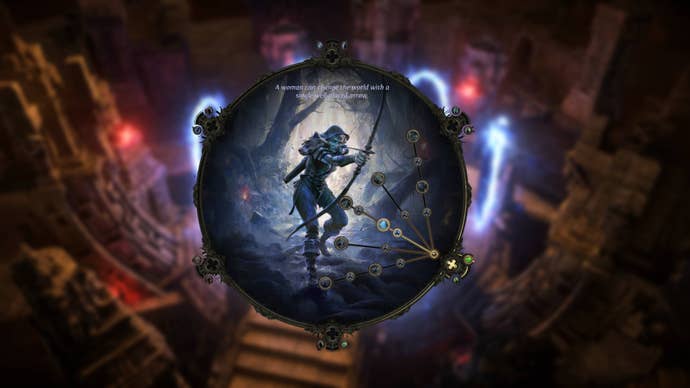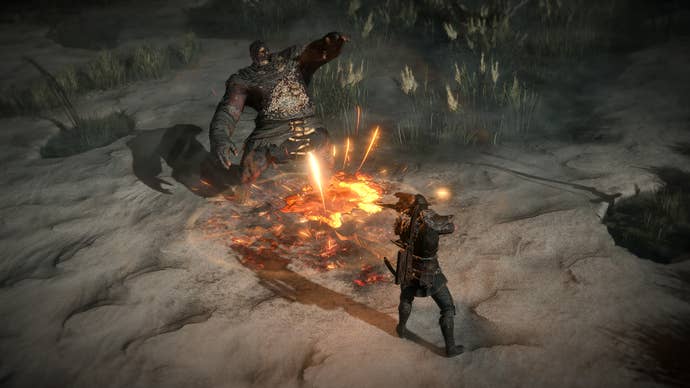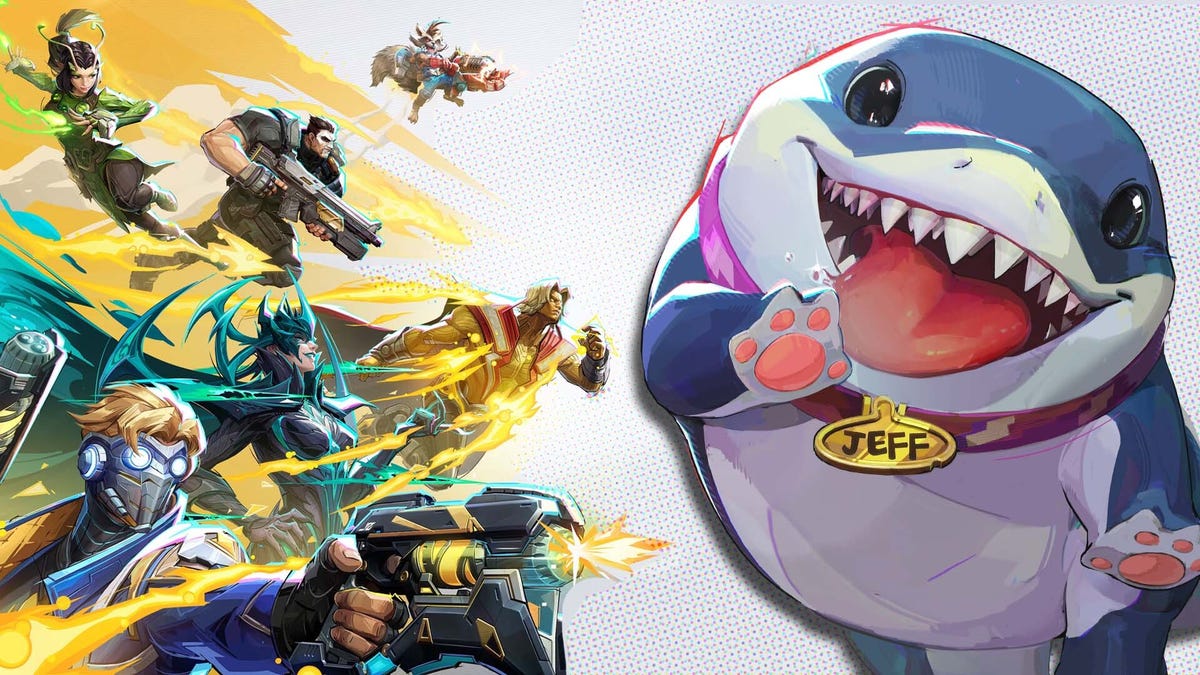Path of Exile 2 makes case for a type of ARPG flow that’s rare to find in the genre. However, it’s lacking a certain spark that makes it hard to truly love.
Path of Exile 2 is one 2024 ARPG I’d been looking forward to all year. Diablo 4 is my main one genre beacon, really, so I’d been secretly hoping PoE 2 wouldn’t arrive as I’m knee-deep in Vessel of Hatred or some other major event. Lucky for me, though, it managed to get well out of the way of Diablo 4.
I’ve always considered Path of Exile 2 to be Diablo 4’s first real competition, so I approached it expecting something on that level; to be impressed. At the very least, I hoped it would join my regular roster of ARPGs.
Having now spent ten or so hours with the early access build, It’s pretty clear that it’s an altogether different beast that I oscillate between being way into, and having my fingers hover over Alt-F4 more than I have with any of those games.
Aside from its vast complexity, often off-puting depth and unfriendliness to new players, my main issue with the original Path of Exile has always been its combat feel; the one thing that stopped me from being able to appreciate all that. A big reason I was looking forward to the sequel has been all the gameplay overhauls Grinding Gear Games has been flaunting in the months since the initial reveal.
I watched enough gameplay videos, read so many previews and developer interviews that I was convinced GGG knew it needed to make the moment-to-moment feel more satisfying on its own, and certainly flashy enough to attract the normies/Diablo fiends. What I ended up experiencing wasn’t quite what I expected.
Path of Exile 2 isn’t going to dethrone Diablo 4, because it has an altogether different approach to gameplay. I found it to be satisfying to play, but not because it outdoes, or even matches, Diablo 4’s, well, anything. If Diablo 4 is a fast, fluid action game that prioritises time-to-fun and facilitating a power fantasy, Path of Exile 2 is a tactical, slower ARPG that wants you to plan your approach, and isn’t afraid to punish you for not meeting it where it wants.
 Ascendant joys. | Image credit: VG247
Ascendant joys. | Image credit: VG247
Almost every action in PoE 2 takes longer to perform, and is often accompanied by what Diablo 4 would consider unnecessary friction. Animations are deliberate, and your character won’t perform actions the millisecond you click the button. Part of why I didn’t immediately dismiss that approach is the game’s commitment to it, and how it justifies that style within its own play space - even if it ends up falling apart more often than I’d like.
If you imagine Diablo 4 to be the Call of Duty of its genre, PoE 2 would be closer to Insurgency, or classic Battlefield. It may not always justify that more methodical approach, but if you go into it with that understanding, you’re going to have a good time.
The more I played, the more I began to view it in a different light than I do Diablo 4. It made a lot of sense why it offers WASD movement as an option. In fact, it got me to seriously consider switching to a controller for the first time playing an ARPG. There’s a level of movement and precision that is required here, and it’s not one I could replicate with a mouse.
.png?width=690&quality=70&format=jpg&auto=webp) Ranger danger. | Image credit: Grinding Gear Games
Ranger danger. | Image credit: Grinding Gear Games
Though I find the moment-to-moment satisfying, and certainly far more engaging than the original game, I am still disappointed by just how much is missing here. Environmental interactivity, for instance, is a major downgrade compared to Diablo. When your Spiritborn Gorilla spirit slams the ground in Diablo 4, everything around you is affected; pots and boxes are shattered, corpses bounce from the sheer force of impact, and every slam creates a dent in the ground.
One of the Warrior skills in Path of Exile 2 summons an earthquake, but apart from the skill’s own visual flare, the area around it does not change much. Environments are static, and collision is so rigid that you’re going to get stuck on small objects all the time. In fact, if it’s not the junk blocking you, it’s going to be the enemies themselves, especially the damn beetles and other small foes.
The majority of my deaths are caused by being stuck, unable to escape an enemy’s area of effect damage or simply having them block my path. Given how challenging the game is, I can’t tell whether or not that level of enemy collision is intentional.
 Merc-ing for the weekend. | Image credit: Grinding Gear Games
Merc-ing for the weekend. | Image credit: Grinding Gear Games
When you’re not being prevented from moving, duking it out with the same enemies is a treat. PoE 2 is a game that really wants you to consider your moves, not spam the hotbar. Enemies are tough, they hit hard, and are almost always faster than you. The ground shatter skill I mentioned earlier, for instance, initially confused and frustrated me. It takes far too long to activate, and the effect is often triggered just as you’re about to end an encounter anyway. But, if you deploy it before you aggro a mob, it’s going to be devastating when they run into it.
The different classes each posses similar skills that also require a bit of planning. You can’t just jump head first into a fight and expect to simply tank all damage. PoE 2 limits your healing resource, meaning you’re going to have a poor experience without a considered approach to combat. Weapon switching is another area I was surprised to find quite integral to the flow. Some of your skills can only be used by certain weapons, but your character will switch to accommodate. It makes a lot of sense to create hybrid classes, or carry a second weapon just because of one or two of the skills they provide.
That design philosophy is also reflected in how the game lets you cancel some skills partway through their animations, if you’re on the ball enough to cut off the animation just after the effect had been triggered. There’s a sort of stick-and-move rhythm to this one that’s reminiscent of classic Diablo.
The time I put into Path of Exile 2 so far is right around when I’d usually stop playing its predecessor, but I am going to play more. I want to see more of that world, meet more characters, explore new areas - and yes, bang my head against its unmoving walls for a few more hours.
Path of Exile 2 launched on December 6 on PC, Xbox, and PlayStation.




.png?width=1200&height=630&fit=crop&enable=upscale&auto=webp)





 English (US) ·
English (US) ·